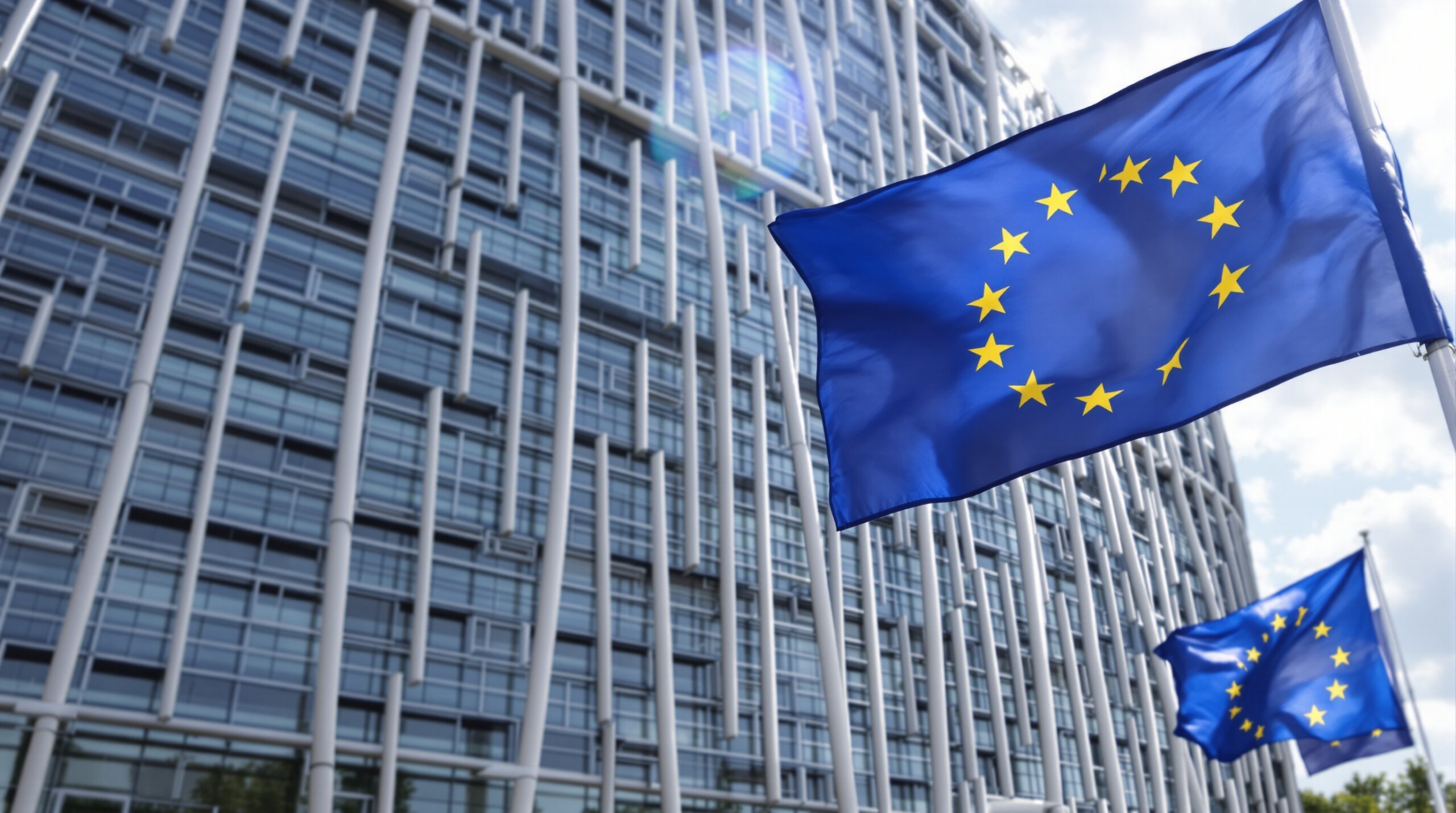The European Union has initiated a sweeping antitrust investigation into major cloud service providers. The focus is on alleged anti-competitive practices, particularly around data egress fees. These charges, levied when clients migrate their data out of a provider’s cloud infrastructure, have raised concerns among policymakers and competitors alike.
Background of the Investigation
The European Commission announced the probe in early 2024 following mounting complaints from businesses and industry associations. They allege that certain pricing structures and technical restrictions create “lock-in” effects. Such effects may limit competition and consumer choice across the EU’s digital landscape.
Executive Vice President Margrethe Vestager leads the antitrust effort. She claims that fair competition supports innovation and keeps the European market vibrant. The scope of the probe will cover leading cloud companies, including Microsoft Azure, Amazon Web Services (AWS), and Google Cloud. Other providers operating within the EU’s borders will likely feel the effects as well.
What Are Data Egress Fees?
Data egress fees are charges that cloud providers impose when customers transfer their data out to different platforms or back to on-premise systems. These prices often go unnoticed until clients consider switching vendors. Many businesses report significant financial barriers when attempting to migrate large amounts of data.
Industry critics claim that entrenched providers use egress fees as a tool to discourage customer mobility. By increasing the costs of leaving, these companies may entrench their dominant market positions. The EU’s investigation aims to determine whether this practice undermines fair competition within the digital sector.
Why the Focus on Cloud Services?
Cloud computing has become the backbone of modern digital business. From startups to large enterprises, companies rely on cloud infrastructure for storage, computing power, and advanced analytics. Market analysis suggests that a handful of tech giants control a majority share of the sector.
High switching costs, complex migration processes, and contractual restrictions have drawn attention from European authorities. Regulators worry these factors could undermine the EU’s ambitions for a competitive and innovative digital economy. The move signals a broader commitment to digital sovereignty and customer protection.
Concerns Raised By Businesses and Competitors
Numerous European cloud providers and industry coalitions have urged the Commission to act on these issues for several years. They argue that small and medium-sized enterprises (SMEs) face the brunt of egress charges. Startups hoping to scale or innovate often find themselves trapped by restrictive exit costs.
National governments, too, have expressed concern about the influence of foreign hyperscale cloud vendors. Some policymakers fear that these business practices stifle homegrown innovation and create dependencies that threaten broader economic goals. The current investigation reflects a union-wide response to these systemic challenges.
How Cloud Providers Respond
Major cloud companies maintain that their pricing models reflect investment in infrastructure, security measures, and high-speed data transmission. They argue that egress fees are necessary to cover costs associated with network maintenance and bandwidth consumption during data transfers.
Some providers have introduced special pricing tiers or incentives to minimize egress expenses for long-term or high-volume clients. They claim these programs enhance market transparency and customer satisfaction. However, critics assert that the changes do not address the fundamental issue: the ability to freely move data between cloud environments.
Potential Outcomes and Implications
If the Commission finds evidence of anti-competitive behavior, providers could face substantial fines and mandatory changes to their pricing structures. The investigation could also establish important precedents for cloud regulation worldwide. Policy experts believe that a favorable outcome for consumers would foster more open, adaptable cloud services.
Beyond immediate penalties, the probe may encourage the development of standardized data export interfaces, reducing costs and technical complexity. The Commission might recommend or mandate measures supporting data portability by default. Such interventions would align with the broader goals of the Digital Markets Act (DMA) and the proposed Data Act.
Transitioning to a Fairer Digital Marketplace
The EU’s action sends a clear signal to the digital industry that consumer rights and competition law take precedence. By investigating cloud platforms across various sectors, regulators hope to nurture a digital ecosystem where businesses can innovate and expand without unfair obstacles.
The probe dovetails with other regulatory efforts targeting tech’s biggest players. Europe has repeatedly championed user control and interoperability in the digital market. If successful, this investigation could reshape not only commercial practices but also technical standards worldwide.
The Path Ahead
As the European Commission gathers evidence, cloud providers must balance compliance with the need to invest and innovate. The findings, which could take months or even years, will influence customer choices and business strategies across the continent.
Experts predict a more dynamic, customer-friendly future for European cloud services. Data portability and multi-vendor deployment may soon become industry norms rather than exceptions. The outcome may inspire further global scrutiny of cloud business models, urging platforms to embrace greater transparency and fairness.
Conclusion
The European Commission’s antitrust probe into data egress fees reflects growing concern over digital lock-in and market concentration. Regulators face a challenging journey as they seek to balance competition, innovation, and security in a rapidly evolving industry.
The outcome will determine how Europe shapes the rules for a cloud-dependent digital future. Both businesses and consumers stand to gain from improved data mobility, stronger competition, and enhanced digital sovereignty within the EU’s single market.

